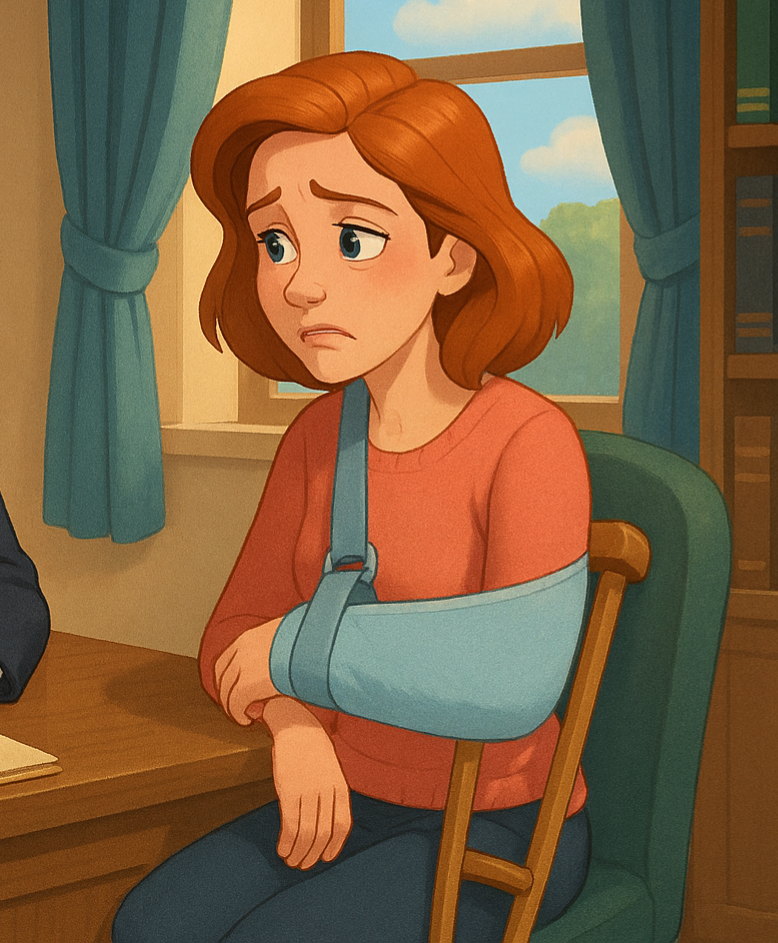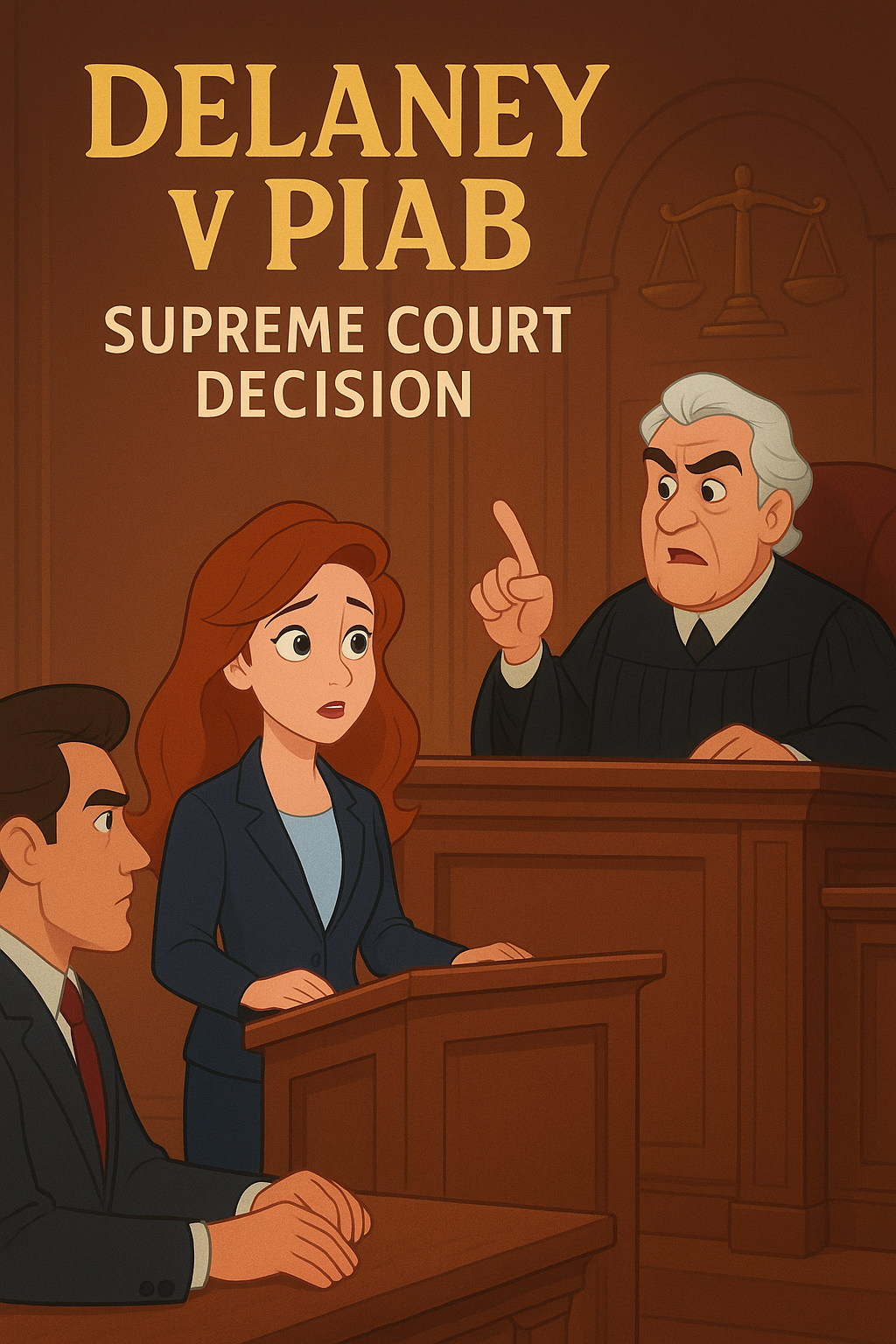If you have been the victim of slipping on a wet floor, tripping on a hazardous object, or falling in a public place, then this could lead to major changes in your life… A legal professional could help you make a personal injury claim in Northern Ireland and seek the compensation you deserve.
When slips, trips, or falls happen in Northern Ireland, and it was someone else’s fault, you may be able to make a claim for compensation. A personal injury solicitor will help you to make a claim, giving you the best chance at receiving optimal compensation. Often, your actions could prevent the same accident from happening to someone else.
Whether caused by hazards like uneven pavements, poor lighting, or wet surfaces, falling accidents happen all the time. Here at Lacey Solicitors we are often asked for guidance on how to claim for a slip, trip, or fall injury that was someone else’s fault.
Slips, Trips, and Falls in Belfast
The Health and Safety Executive for Northern Ireland notes slips and trips as the most commonly reported accident within the workplace. Altogether, this single branch of personal injuries in Belfast accounts for a full third of all major injuries at work. In 2023, as many as 10,000 Belfast workers suffered serious injuries caused by tripping and falling. Over 95% of those reported broken bones as a result.
What Injuries Can Slips, Trips, and Falls Cause?
Whether it is slipping on a spilled drink, tripping over a broken kerb or falling over an unmarked manhole, the result can be a variety of injuries and serious harm. In the past 12 months, our Belfast office has dealt with injuries involving:
- Broken bones
- Head injuries or significant brain trauma
- Muscular injuries such as strains or sprains
- Cuts, bruises and other lacerations
Last year, our personal injury solicitors dealt with a case in Belfast involving serious permanent facial disability and secured for him compensation for the pain and suffering, as well as reimbursement of his medical bills and lost income.
When Should You Make a Claim for your Slip, Trip, or Fall Claim in NI?
It is always best to contact a personal injury lawyer to discuss your claim as soon as possible after a slip, trip, or fall. There is a statute of limitations on when you can file a claim for compensation in Northern Ireland. There is a legal time limit during which you are allowed to make a claim.
What is the Statute of Limitations on Personal Injury Cases in NI?
The statute of limitations upon personal injury claims in Northern Ireland is 3 years. This means that you will need to file your claim for compensation after a trip, slip, or fall in Northern Ireland within three years of the date of your accident. Remember, for childhood personal injury claims you must file within 3 years of turning 18. Time limits can be extended in exceptional circumstances but it is always best to speak to a personal injury solicitor as soon as possible.
Personal Injury Experts Will Enhance Your Case
To give yourself the best chance of receiving the maximum possible compensation you could be owed, legal representation is a must-have. Lacey Solicitors have a proven track record in providing expert legal guidance.. With our specialist knowledge of personal injury law there is no one to better represent you within the greater Northern Ireland area.
Contact our legal team today to start your claim for compensation after a slip, trip, or fall, in Belfast.

















